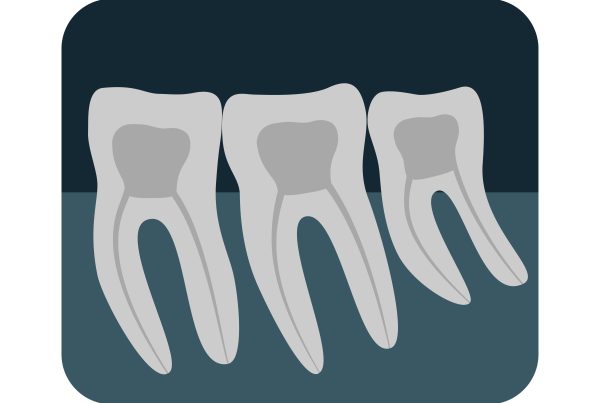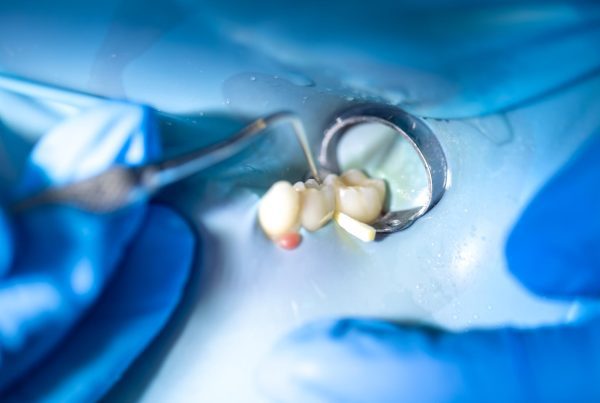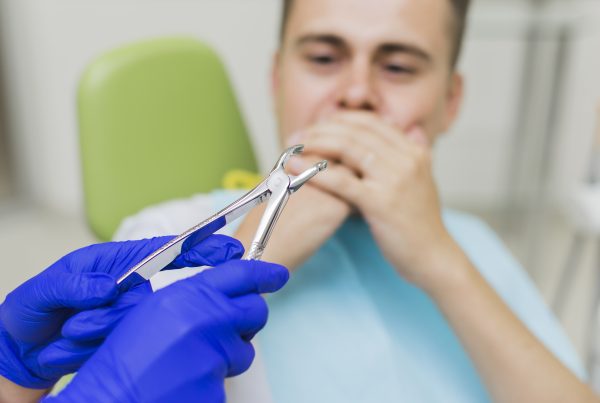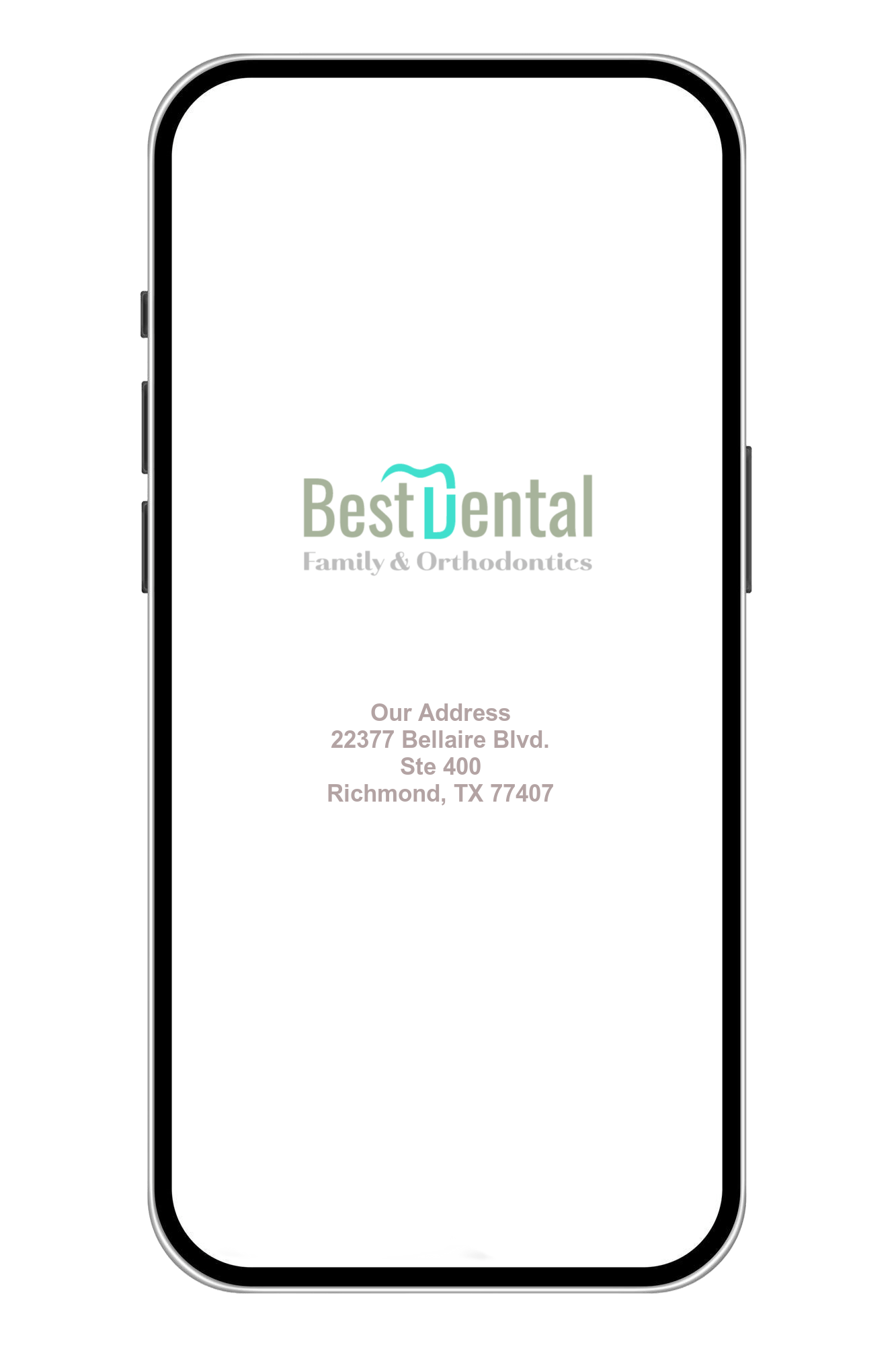Can You Get Your Wisdom Teeth Out Without Being Sedated?
Wisdom teeth removal, also known as third molar extraction, is a common dental procedure that many individuals undergo at some point in their lives. While sedation is often used to make the experience more comfortable and less anxiety-inducing, there are cases where wisdom teeth can be removed without the use of sedative medications. This approach, sometimes referred to as "awake" or "conscious" wisdom teeth removal, involves the careful administration of local anesthesia to numb the surgical area while keeping the patient alert and responsive throughout the procedure. In this article, we will explore the reasons for and against opting for wisdom teeth removal without sedation, the potential benefits and risks, as well as what to expect during such a procedure.

What are wisdom teeth, and why do they often require removal?
Wisdom teeth, also known as third molars, are the last set of molars located at the back of the mouth. They typically start erupting in the late teens or early twenties. Wisdom teeth often require removal for several reasons. Firstly, they frequently lack sufficient space in the jaw to emerge properly, causing them to become impacted, which can lead to pain, infection, or damage to adjacent teeth. Moreover, their location at the back of the mouth makes them difficult to clean, increasing the risk of cavities and gum disease. As a result, the extraction of wisdom teeth is a common dental procedure aimed at preventing or alleviating these issues and promoting overall oral health.
What is the difference between sedated and non-sedated wisdom teeth removal?
The primary difference between sedated and non-sedated wisdom teeth removal lies in the use of sedative medications during the procedure. In a sedated wisdom teeth removal, patients receive various forms of anesthesia, such as intravenous (IV) sedation, oral sedation, or nitrous oxide (laughing gas), which induce a state of deep relaxation or unconsciousness. This allows the patient to be pain-free and often unaware of the procedure, minimizing anxiety and discomfort.
On the other hand, non-sedated wisdom teeth removal involves using local anesthesia to numb the surgical area, making the patient alert and responsive throughout the procedure. While local anesthesia provides pain relief in the targeted area, patients remain awake and aware during the extraction. The choice between sedated and non-sedated removal depends on individual preferences, the complexity of the case, and the patient’s medical history. Sedated procedures are often preferred to minimize discomfort and anxiety, while non-sedated procedures may be chosen by those who want to remain fully conscious during the extraction.
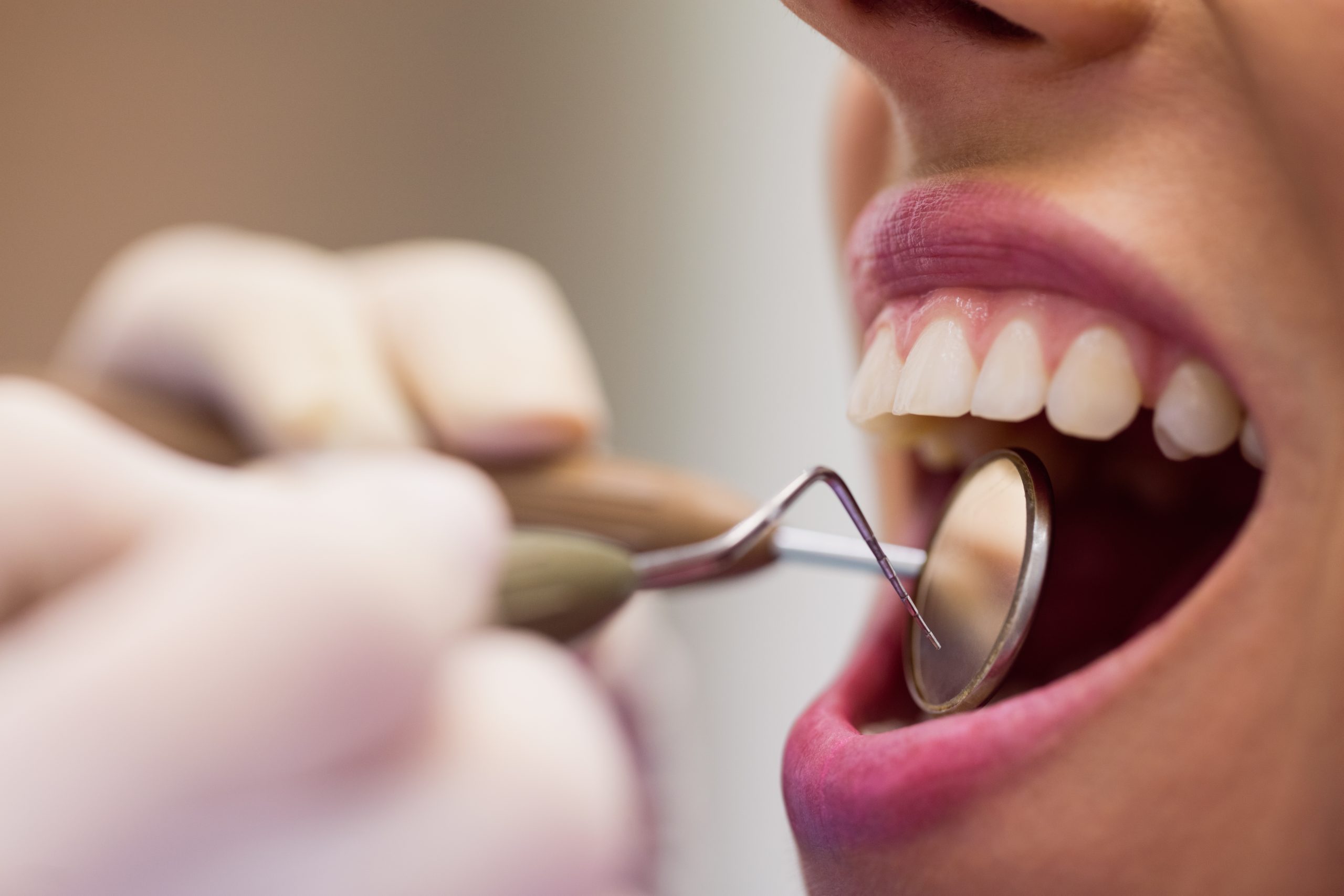
What are the reasons someone might choose to have their wisdom teeth removed without sedation?
Several reasons might lead someone to choose to have their wisdom teeth removed without sedation:
- Personal Preference: Some individuals are comfortable with the idea of staying alert during the procedure and prefer not to experience the effects of sedation.
- Avoiding Sedation Side Effects: Sedation can have side effects, such as drowsiness, grogginess, or nausea. Choosing non-sedation can help avoid these side effects.
- Quick Recovery: Non-sedated procedures often allow for a quicker recovery, as patients do not have to contend with the after-effects of sedation.
- Lower Cost: Sedation can add to the overall cost of the procedure, and those looking to reduce expenses may opt for non-sedation.
- Minimal Health Concerns: Some patients may have health conditions or medications that make sedation risky, and non-sedated removal is a safer option.
- A Desire to Stay Informed: Some patients want to be fully aware of the procedure, ask questions, and actively participate in their care by staying awake.
- Short Duration of Procedure: If the extraction is expected to be brief and relatively straightforward, patients may choose non-sedation.
It’s important to note that the choice between sedated and non-sedated wisdom teeth removal should be made in consultation with a healthcare provider, considering individual health, preferences, and the complexity of the extraction.
How is local anesthesia administered for non-sedated wisdom teeth removal?
Local anesthesia for non-sedated wisdom teeth removal is typically administered by a skilled oral surgeon or dentist. The procedure begins with the application of a topical anesthetic gel to numb the surface of the gum tissue at the site of the extraction. This initial step minimizes the discomfort associated with the injection of the main anesthetic. The primary method involves using a syringe to inject the local anesthetic directly into the gum tissue near the wisdom tooth to be removed. This anesthetic agent, such as lidocaine or novocaine, effectively numbs the surgical area, blocking the sensation of pain during the procedure. Patients can expect a temporary sensation of pressure as the anesthetic is administered, but once it takes effect, they should experience minimal pain or discomfort during the actual extraction.

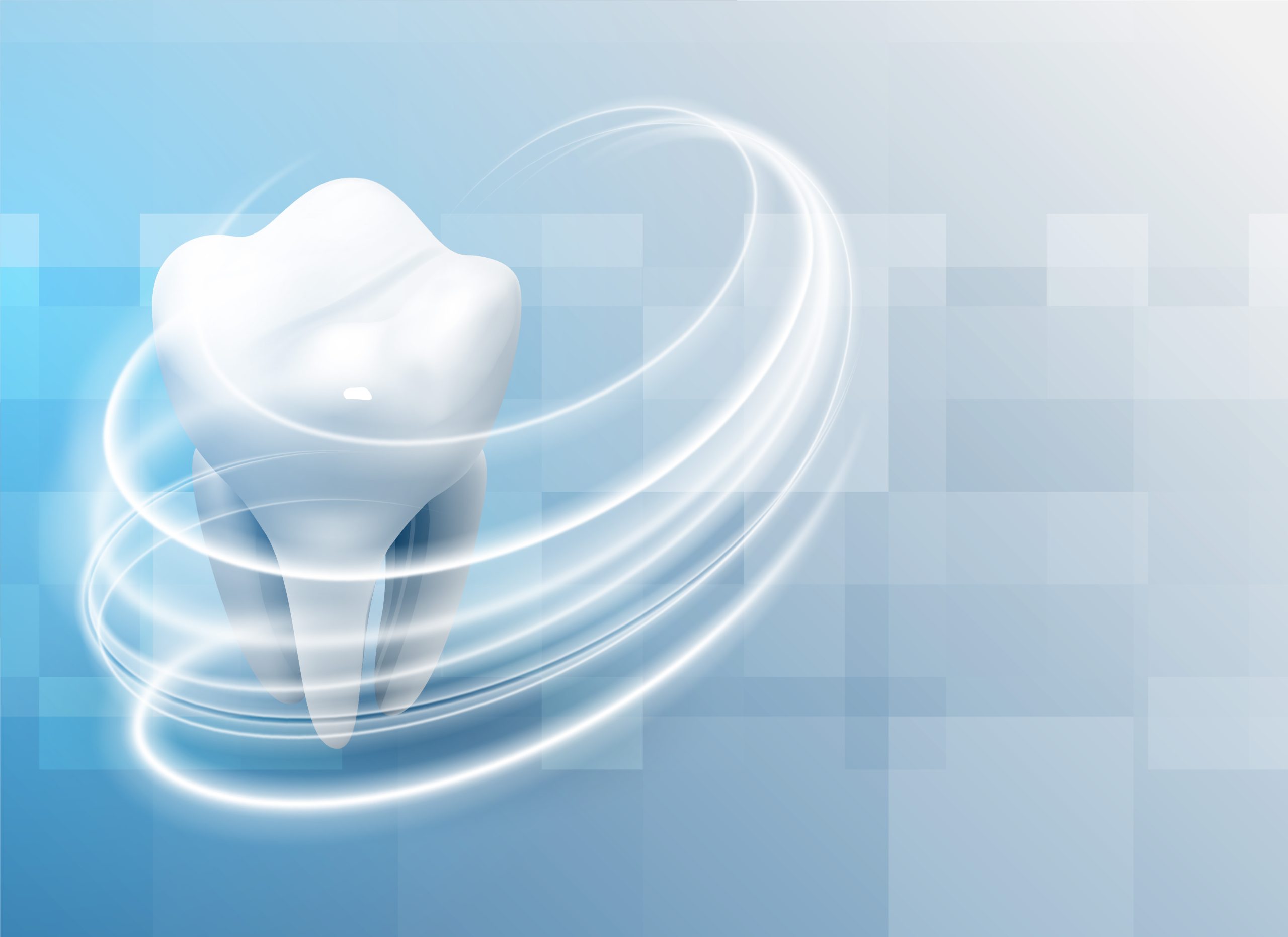
What are the potential risks or drawbacks of not using sedation for wisdom teeth removal?
While there are benefits to opting for non-sedated wisdom teeth removal, there are also potential risks and drawbacks to consider:
- Pain and Discomfort: Non-sedated procedures can be more painful and uncomfortable during the extraction process, as patients are awake and aware of the sensations. Local anesthesia can minimize pain, but it may not eliminate all sensations.
- Anxiety and Stress: Some patients may experience heightened anxiety and stress during the procedure, which can make the experience less pleasant.
- Extended Procedure Time: Patients who are not under sedation might experience a longer procedure time due to the need for frequent breaks or adjustments to manage discomfort.
- Difficulty in Complex Cases: For complex or impacted wisdom teeth extractions, staying awake can be more challenging due to the potential for longer, more invasive procedures.
- Less Patient Comfort: Non-sedated procedures can be physically and emotionally taxing for some patients, potentially affecting their overall experience and well-being.
- Limited Memory of the Procedure: Some patients may not want to remember the details of the extraction, and non-sedated procedures can result in a more vivid recollection of the experience.
The choice between sedated and non-sedated wisdom teeth removal should be made based on individual preferences, health considerations, and the complexity of the procedure. Patients should discuss these factors with their healthcare provider to determine the most appropriate approach for their case.
Can patients request sedation if they become too uncomfortable during the procedure?
Yes, patients typically have the option to request sedation if they become too uncomfortable during a non-sedated wisdom teeth removal procedure. Dentists and oral surgeons prioritize patient comfort and safety, and they are often prepared to adjust the anesthesia plan based on the patient’s needs and preferences. If a patient initially opts for non-sedation but finds the procedure too uncomfortable or distressing, they can communicate their discomfort to the healthcare provider. In such cases, the healthcare provider can discuss the possibility of introducing sedation to help the patient relax and manage discomfort effectively. The patient’s well-being and comfort are paramount, and the healthcare provider will work with them to ensure a positive and pain-free experience.

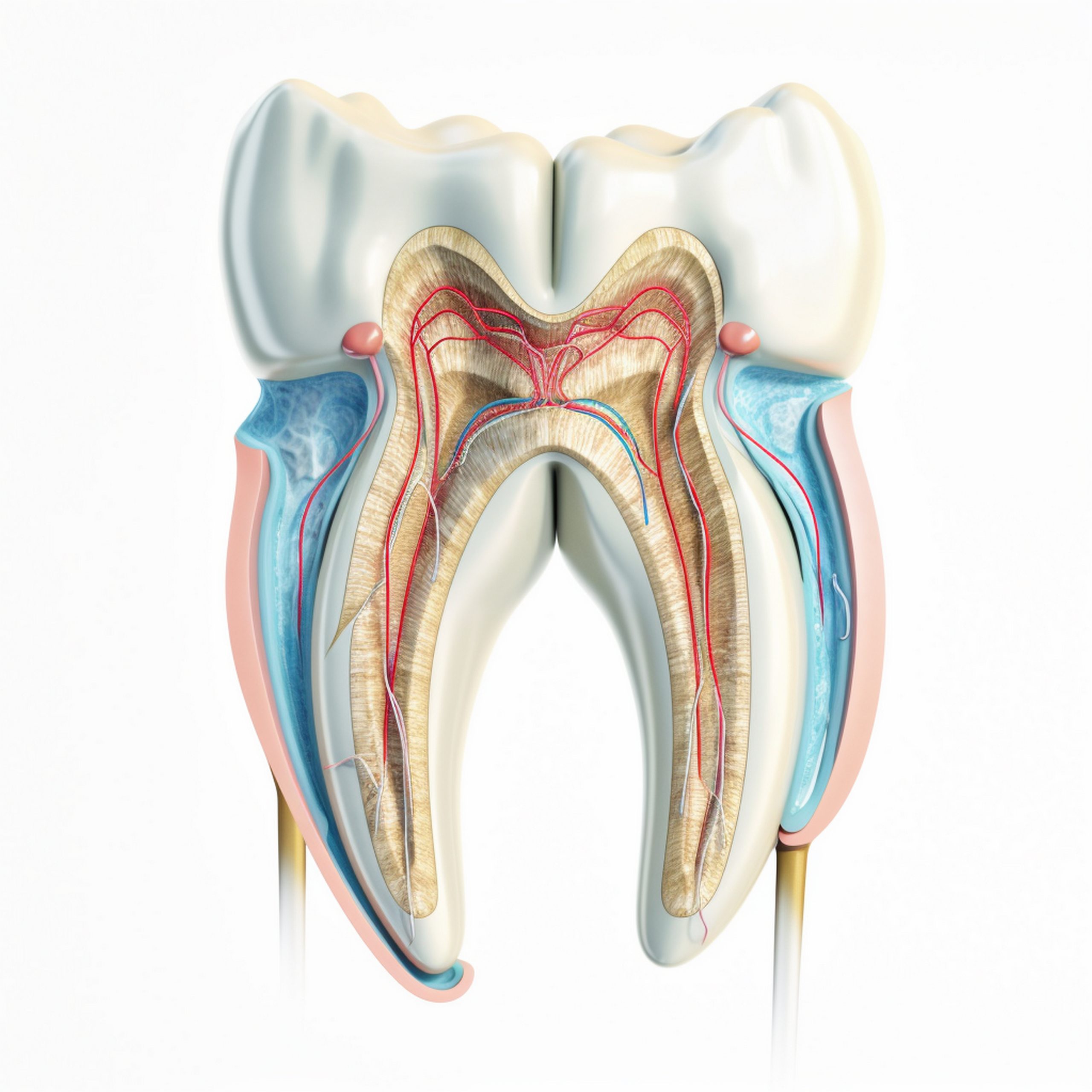
Are there specific cases where non-sedated wisdom teeth removal is not recommended?
Non-sedated wisdom teeth removal may not be recommended in certain situations based on factors other than allergies. Some of these cases include:
- Complex Impactions: When wisdom teeth are deeply impacted or require extensive surgical maneuvers to extract, sedation is often preferred to ensure the patient’s comfort and to facilitate the procedure.
- Severe Dental Anxiety: Individuals with severe dental anxiety may find it extremely challenging to remain calm and cooperative during a non-sedated procedure. In such cases, sedation can be highly beneficial in managing anxiety.
- Medical Conditions: Patients with certain medical conditions or compromised health may not be suitable candidates for non-sedated removal due to increased risks, and their healthcare provider might recommend sedation for safety reasons.
- Behavioral Issues: Young children or individuals with behavioral or cognitive challenges may find it difficult to cooperate during a non-sedated procedure, making sedation a more practical choice.
- Prolonged Procedure: If the extraction is expected to take a significant amount of time, non-sedation might not be advisable, as it could lead to patient discomfort and fatigue.
- Complex Medical Histories: Patients with complex medical histories, even if not related to allergies, may be better served by sedation to ensure their overall well-being during the procedure.
It’s essential for patients to discuss their specific circumstances, health conditions, and concerns with their healthcare provider to determine the most appropriate approach for wisdom teeth removal. The decision should be based on a comprehensive assessment of individual factors.

